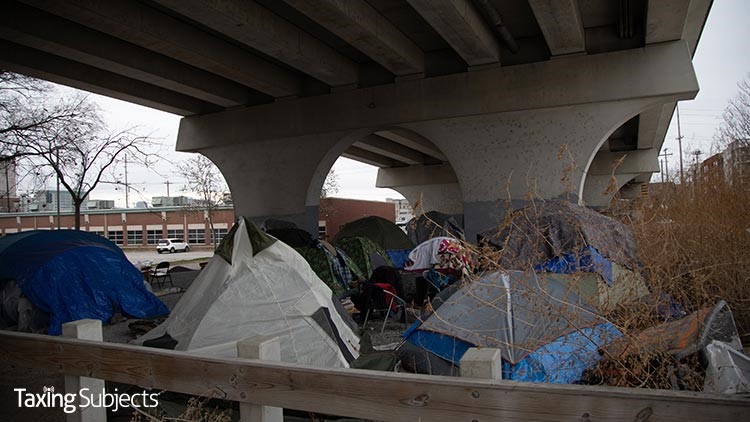IRS Working to Get Stimulus Payments to All Qualified Recipients

When it comes to getting Economic Impact Payments into the hands of those who need them most, there’s good news and bad news.
The good news is that the Internal Revenue Service continues to automatically send out EIPs to most recipients.
The bad news is that the IRS still lacks the vital information on some qualified recipients, preventing them from getting the EIPs they deserve, so the IRS is trying to change that.
EIPs are a different kind of benefit
Economic Impact Payments differ from most other tax benefits, in that recipients don’t need a permanent address, bank account or a job to get one. They do need a Social Security Number, and they can’t be claimed as a dependent by someone else.
People who qualify for these stimulus payments—but haven’t gotten one—need to file a 2020 tax return, even if they don’t usually file. Filing gives the IRS the information it needs to send the payment on its way.
If a qualified person is homeless, they can list the address of a friend or relative on the return; they can also use the address of a shelter, drop-in day center, or a transitional housing program.
The first two EIPs have already gone out, but people can still get the money by claiming the recovery rebate credit. Filing a return, however, is the only way eligible people can get the money from the first two payments now:
- If a filer is qualified for the recovery rebate credit, it will be included in their refund.
- If the filer qualifies for the third EIP, it will be sent separately after the return is filed.
The IRS website has a special section, Claiming the 2020 recovery rebate credit if you aren’t required to file a tax return, that has more information.
No bank account? No problem!
At first glance, getting payments to homeless Americans would seem an impossible task: With no home, many of them also don’t have bank accounts to receive direct deposits. But here, too, there are options available.
Those without a bank account should go online and visit the Federal Deposit Insurance Corporation website for information on how to open an account online. They can also use the FDIC’s BankFind tool to find the closest FDIC-insured bank.
The IRS points out a number of resources that list the banks and credit unions that can open an account online, including:
- BankOn
- American Bankers Association
- Independent Community Bankers of America
- National Credit Union Administration
Veterans can tap into the Veterans Benefits Banking Program, which offers financial services at participating banks.
Even without a bank account, a lot of reloadable prepaid cards also have account and routing numbers that can be used by the IRS for a direct deposit of an EIP.
The EITC is also available
Those who have a job but are also experiencing homelessness may also be able to score a refund by claiming the earned income tax credit for low- and moderate-income workers.
Federal law dictates qualified workers have to live in the U.S. for more than half the year as well as meet other requirements. Those experiencing homelessness, including those who stay in one or more homeless shelters, can meet the requirement.
Qualified filers claiming the refundable credit could pay less federal tax, pay no tax, or get a refund. And the EITC Assistant tool on IRS.gov—available in both English and Spanish—can help them see if they are eligible.
Source: COVID Tax Tip 2021-72



